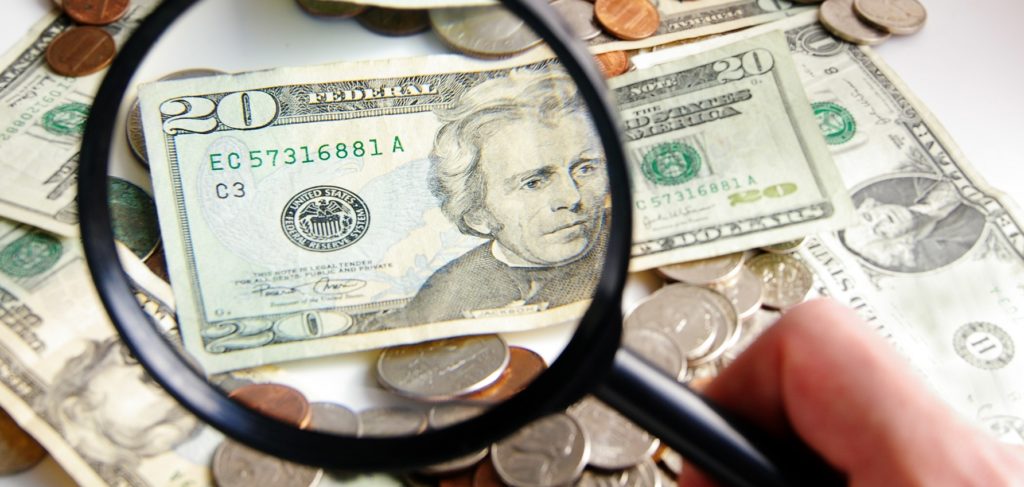With less than one week until the Council votes on the fiscal year (FY) 2020 DC budget, there’s a lot of unfinished business. No money to undo budget cuts to schools in Wards 7 and 8. Not enough to make ending homelessness a reality. Not enough to implement crucial “Birth to Three for All DC” reforms to support children at the most critical stage of development. No new money to repair public housing and not enough affordable housing. The list goes on.
It doesn’t have to stay that way. The DC Council can do more to support these programs—and make progress on their stated commitment to racial equity—by making smart choices to find more money. Here are two ways to raise a substantial amount of revenue.
Reform Poorly Designed and Ineffective Corporate “High Tech” Giveaways
DC’s Qualified High Technology Company (QHTC) program provides generous tax cuts to companies that self-identify as “high tech,” based on a very loose definition. Many companies claiming these tax breaks, which cost the District $40 million per year, are headquartered in Northern Virginia and maintain just a small DC office. Many were already in DC before the tax subsidies were created, meaning there wasn’t any “incentive” at all. And there’s no evidence that the subsidies are helping our economy: DC’s Chief Financial Officer concluded that they were “not able to reasonably identify what new actions were taken due to the incentives” or “what economic benefits are attributable” to them.
Rather than continue to pour money into a program that isn’t working, the Council should reform and scale back these subsidies. Fully reforming the QHTC program may take time, but initial changes can be implemented now. For example, some businesses have claimed permanent tax subsidies for two decades. Because no incentive should be permanent, the Council should eliminate or phase out subsidies for any company that has received them for 5 years or more.
Place a Higher Tax on “Mansions” to Address Increasingly Concentrated Wealth
Making DC’s tax code fairer is a key tool for raising funds to address our city’s most pressing challenges. Systemic racism has prevented Black DC residents and other residents of color from building wealth, including through homeownership. The average wealth of white households is now 81 times the average wealth of Black households.
The District can tackle these ongoing systemic inequities by better taxing extreme wealth, including levying higher taxes on DC’s highest-value housing. Under our current property tax, the top 1 percent pay a smaller share of their income on property taxes than DC’s lowest-income families. The majority of DC’s most valuable homes are in Wards 2 and 3—DC’s highest-income areas—yet almost none are in Wards 5, 7, or 8. Additionally, DC’s property tax rate, which is the lowest in the region, has remained the same for years, while our neighbors in Virginia and Maryland have steadily increased their property tax rates.
Raising property taxes on expensive homes would make DC’s tax code more fair, affect a small share of DC homes, and generate millions in revenue to make DC’s budget more equitable. While there are many approaches to implementing “mansion” taxes, the Urban Institute estimates that one approach – a 1 percent tax on properties valued over $2 million and a 2 percent tax on properties valued over $5 million – would raise over $74 million annually. This would impact less than 5 percent of all District properties,[1] and give us needed resources to invest in a more equitable DC.
[1] This is based on figures from 2015, from the District of Columbia’s Office of Revenue Analysis

